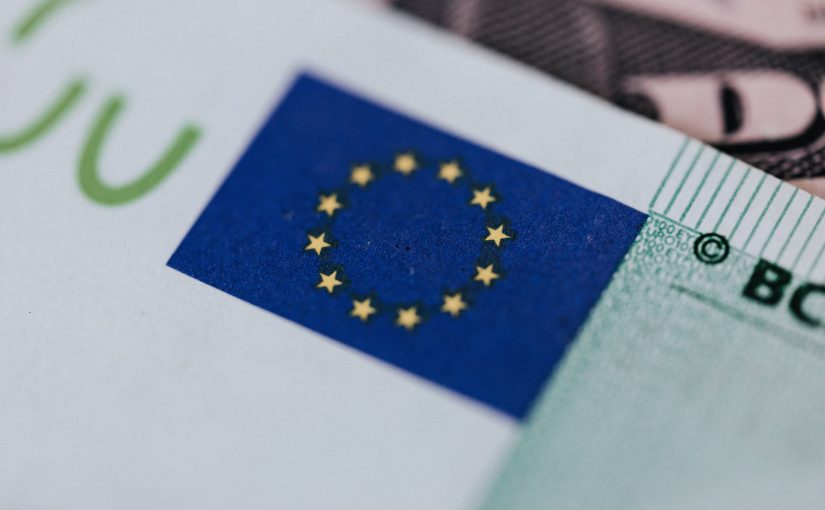Apple won a victory for iMessage and Microsoft for its Bing search engine after the European Union (EU) found the respective services should not be designated as gatekeepers under its incoming Digital Markets Act (DMA).
The executive body of the EU, the European Commission, conducted a five-month investigation with exemptions granted to iMessage and Bing, stating that they are not gateways for businesses to reach end users. The new DMA will still apply to the parent companies, Apple and Microsoft, as well as the likes of Google, Amazon, Meta, and Byte Dance.
The tech giants will be required to allow third-party apps or app store providers to access their platforms and enable users to easily change between them.
They will be bound by the regulations from the beginning of March.
#DMA #DigitalEU Commission ??closes market investigations on Microsoft’s and Apple’s services under the Digital Markets Act ?
?
https://t.co/X8h5NWl1IT pic.twitter.com/36D8XqQi4d
— EU Competition (@EU_Competition) February 13, 2024
As reported by Reuters, the EU Commission is said to have made “a thorough assessment of all arguments, taking into account input by relevant stakeholders,” without disclosing details of the cases presented by the companies involved.
Reaction to the ruling
Apple and Microsoft are likely pleased with the outcome — but the iPhone maker claimed iMessage use on its own devices was unimportant compared to rival instant messenger services in the EU.
An Apple spokesperson commented, “Consumers today have access to a wide variety of messaging apps and often use many at once, which reflects how easy it is to switch between them. This suggests the Commission is capable of avoiding the temptation to over-regulate.”
Another response was provided by the Coalition for Open Digital Ecosystems (CODE), an umbrella group that includes the likes of Google, Meta, Lenovo, and Honor.
It took a swipe at the Commission’s ruling in a statement, “Today’s surprising decision undermines the objectives of the DMA, as well as its potential to improve choice and contestability for all Europeans.”
The companies are prohibited from giving preferential treatment to their own services than those offered by competitors, and under the DMA, the penalties are substantial.
Any failure to comply with the rules can result in fines of up to 10% of a company’s worldwide annual turnover or up to 20% for repeated breaches, as well as periodic penalty fines of up to 5% in average daily turnover.
Image: Karolina Grabowska/Pexels
Image and article originally from readwrite.com. Read the original article here.

